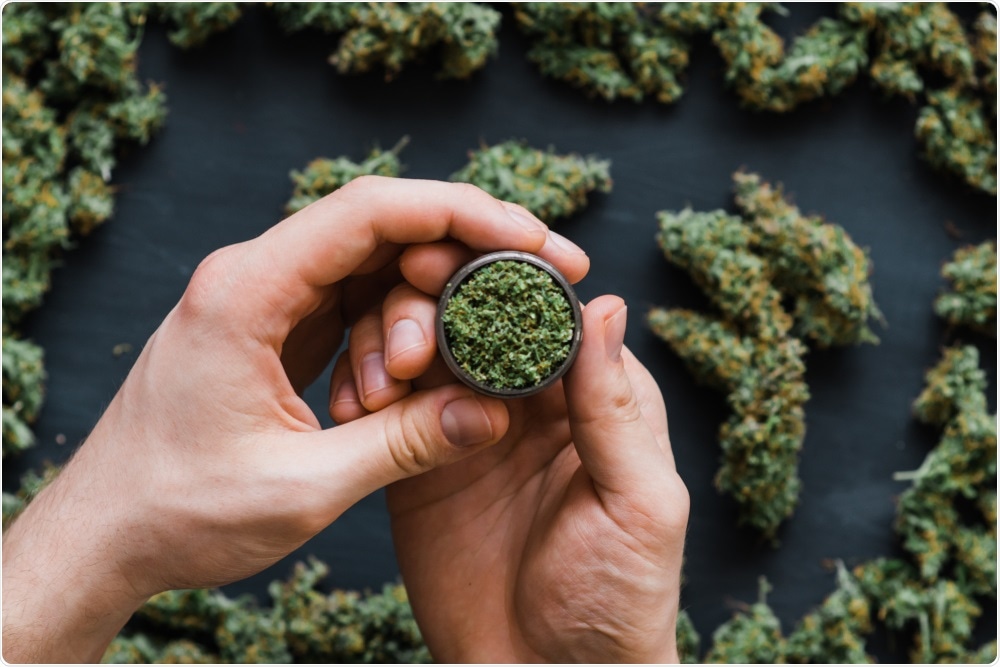People who use marijuana on a daily basis may be at an increased risk of developing psychosis, particularly if the marijuana is high-potency, according to a study recently published in The Lancet Psychiatry.
 Lifestyle discover | Shutterstock
Lifestyle discover | Shutterstock
“Given the increasing availability of high-potency cannabis, this has important implications for public health,” warn study authors Marta Di Forti (King's College London) and colleagues.
Marijuana use is becoming an increasingly common part of leading a modern, liberal life, with most Americans believing it harmless and even beneficial. Of the many pharmacologically active compounds found in marijuana, the two main ingredients researchers are interested in are delta-9-tetrahydrocannabinol (THC) and cannabidiol (CBD).
THC is the substance responsible for the euphoria and distorted perception a person experiences, while CBD is the compound that counteracts these effects and also shows promise as a therapy for various health conditions.
Across 11 countries in Europe and one city in Brazil, Di Forti and team compared data available for 901 patients (aged 18 to 64 years) who had first-episode psychosis with data from 1237 controls who did not have psychosis.
The team divided the data into two groups: those who used low potency (THC <10%) marijuana and those who used a high potency (THC ≥10%) version.
Using adjusted logistic regression analysis, the team showed that those who used marijuana on a daily basis were at a three times greater risk for psychotic disorder, compared with never-users. Furthermore, the risk for psychotic disorder was almost five times higher when the marijuana used was high-potency.
The study is also the first to suggest that the pattern of cannabis use in a given area may contribute to psychosis rates in a population.
In Amsterdam, for instance, where the use of high-potency marijuana is common, people who reported smoking high-potency cannabis on a daily basis were nine times more likely to develop psychosis, compared with non-using controls.
As the legal status of cannabis changes in many countries and states, and as we consider the medicinal properties of some types of cannabis, it is of vital public health importance that we also consider the potential adverse effects that are associated with daily cannabis use, especially high-potency varieties.”
Marta Di Forti, First Author